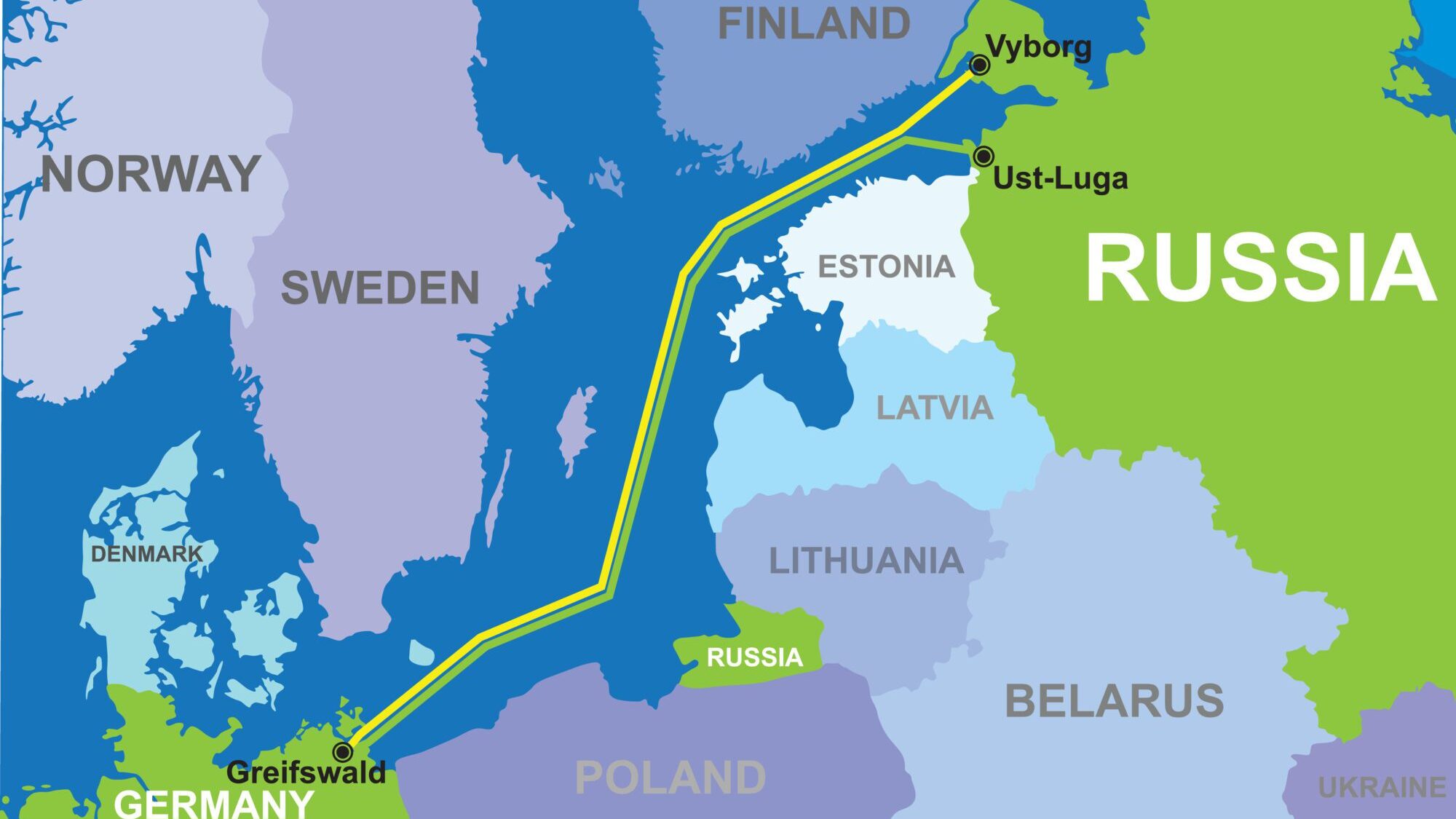
Former U.S. President Donald Trump has opined on who he believes is responsible for the damage to the Nord Stream Pipeline in the Baltic Sea in September 2022, hinting that his own country is to blame.
“I don’t want to get our country in trouble, so I won’t answer it,” Trump said during an interview with Tucker Carlson on Fox News. “But I can tell you who it wasn’t was Russia … It wasn’t Russia.”
Since four unexpected explosions put the Nord Stream 1 and Nord Stream 2 gas pipelines out of commission in September 2022, ‘whodunit’ speculation has swirled around the incident. Consisting of two pipes each, the pipelines reaching 1,224 kilometres were built by Russia’s state-controlled Gazprom to pump 110 billion cubic metres (bcm) of natural gas a year to Germany via the Baltic Sea.
No one has claimed responsibility for what initial investigations evaluate as intentional damage to one of the most important means of bringing Russian natural gas to Europe. While investigations by Sweden, Denmark, and Germany are ongoing, veteran American investigative journalist Seymour Hersh independently published an article on Substack in February claiming that the U.S. was responsible for damaging the pipeline.
Little had been said about the pipeline investigation for months, either by governments or the media, until Hersh’s report was published.
At the beginning of March, the New York Times published an article stating that new U.S. intelligence pointed to a pro-Ukrainian group not linked to the Ukrainian government as the perpetrator of the sabotage attack on the Nord Stream pipelines.
“Officials who have reviewed the intelligence said they believed the saboteurs were most likely Ukrainian or Russian nationals, or some combination of the two. U.S. officials said no American or British nationals were involved,” the New York Times report read. The intelligence, though, “does not specify the members of the group, or who directed or paid for the operation,” the New York Times report also stated.
The same day the New York Times piece appeared, Germany’s ARD broadcaster and Die Zeit newspaper reported that German authorities were able to identify the boat allegedly used for the sabotage operation.
Without citing sources, they reported that investigators had found traces of explosives on the yacht hired by a Poland-based company owned by Ukrainian citizens for a group of five men and one woman on September 6th. The yacht took the group to Rockstock, Germany. According to the German media, the group used forged passports and their nationalities weren’t clear.
At a press conference following the publication of the New York Times report, Pentagon Press Secretary John Kirby told reporters,
Several of our European partners—in fact three of them: Germany, Sweden and Denmark—have already opened investigations into what happened with the Nord Stream II Pipeline and those investigations are not closed. They are still hard at work on that. So, I’m just not going to get ahead of that investigative work and I would have to refer you to each of those European countries to comment on their investigations.
German Defence Minister Boris Pistorius confirmed to the press the day after the reports that German investigators in January had boarded a yacht suspected of transporting the explosives used on the pipelines.
Pistorius said earlier the likelihood was “equally high” that it could have been a “false flag operation staged to blame Ukraine.”
German prosecutors also warned that they didn’t have enough information to start drawing conclusions but added, “There is no suspicion against employees of the German company that rented out the ship.”
On April 6th, Reuters reported that Swedish investigators now believe the most likely culprit is a state actor.
The news outlet interviewed Swedish prosecutor Mats Ljungqvist, who said,
There are certain companies that have certain special missions that mean they could, in theory, carry this out … We don’t rule out anything, but that it is a state actor who is directly or at least indirectly behind this is of course our absolute main scenario, given all the circumstances.
He added that reaching definite conclusions would be difficult as whoever planted and detonated the explosions knew they would be thoroughly investigated and were careful to make it difficult for investigators to identify them:
The people who did this have probably been aware that they would leave clues behind and probably took care so that the evidence would not point in one direction, but in several directions … That makes it difficult to clearly point to one actor.
In February, Russia called for a UN investigation into the matter during a UN Security Council meeting, stating that the UN Secretary-General “is someone we trust” to lead an investigation. Russia is now chairing the security council for April and discussions about the pipeline are specifically included in its program of work for the month.
Someday the incident or the investigation will likely be made into a movie, solidifying the “true story” in the popular mind.
